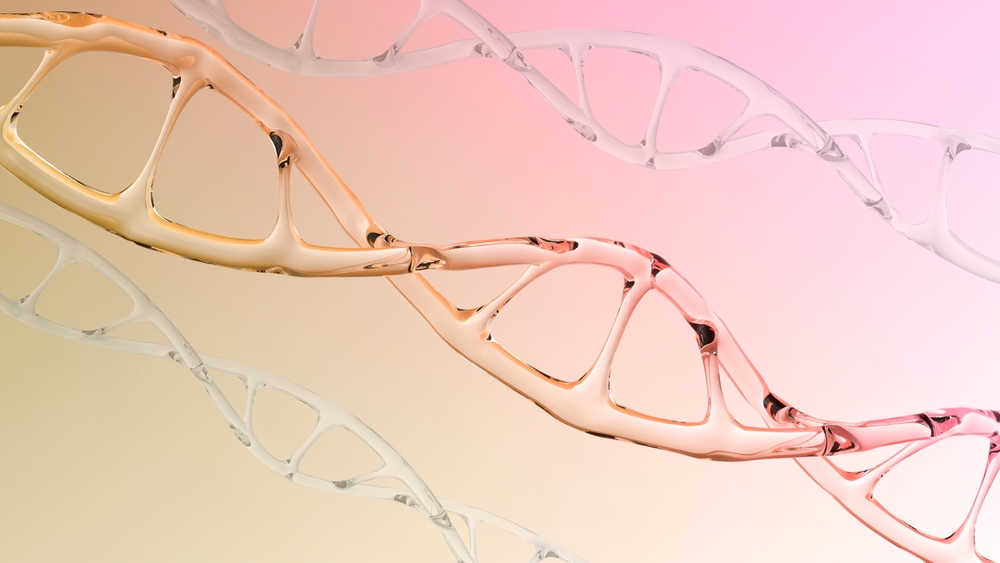According to a story from Healio, a team of researchers have identified a genetic signature that can determine which patients will have severe adverse effects when treated with a class of medications called immune checkpoint inhibitors (ICI). These therapies play a major role as a front-line therapeutic approach for the treatment of melanoma, type of skin cancer. Unfortunately, ICI therapy is also associated with serious immune-related toxicity and adverse events.
About the Study
The researchers sought to find a method for identifying patients that were at higher risk of severe side effects. In many instances, the risk of toxicity appears to be worth the risk due to improvements in treatment outcome. However, for the patients that experience the worst effects, this may not be the case. The researchers began to search for biomarkers that could serve this purpose by evaluating patients that had previously participated in a clinical trial.
The team looked at peripheral CD8 and CD4 T cells in participants that had received treatment with nivolumab as an adjuvant therapy, as well as those that had been treated with nivolumab in combination with ipilimumab. These patients had already received surgical treatment but had not begun an ICI regimen.
The researchers found a subset of peripheral CD4 cells running in the spleen tyrosine kinase (STK) pathway. These cells were differentially expressed and were more widespread in patients that later went on to experience the more severe immune-related adverse effects from ICI treatment. This signature was able to predict 60% of combination treated patients that later experienced severe side effects. The prediction capability was independent of disease recurrence and when incorporated into a predictive model, accuracy improved to 82%.
While the research team called for further research into the STK pathway, the data from this study provided plenty of valuable information. The approach can be used to determine a patient’s treatment approach and avoid potentially severe toxicity, but Tomas Kirchhoff, PhD, associate professor, department of population health, NYU Langone Health, and researcher, Perlmutter Cancer Center and an investigator of this study, also saw the data as pointing the way to the development of toxicity-reducing treatments. The team also theorized that in the future, patients could be pre-treated in order to suppress toxicity instead of being forced off of ICI treatment.
Check out the study abstract here.
About Melanoma
Melanoma is a form of skin cancer which develops from pigment cells, which are called melanocytes. This cancer also less commonly affects the eyes, intestines, or mouth. The lesions often appear on the legs of women and backs of men and develop from atypical moles in some cases. The cause of this skin cancer can be traced to DNA damage as a result of UV radiation as well as certain genetic characteristics. Signs and symptoms include changes in the color or shape of a mole or the appearance of a lump on the skin. Moles may itch or bleed in later stages. In metastatic disease, symptoms such as fatigue, appetite loss, vomiting, and nausea may appear. This cancer may be treated in a variety of ways, such as surgery, radiation, chemotherapy, immunotherapy, and targeted therapies. Rates of this disease are increasing, and it is most common in areas with predominantly white European populations. To learn more about melanoma, click here.
melanoma research skin cancer treatment
Last modified: January 23, 2025











